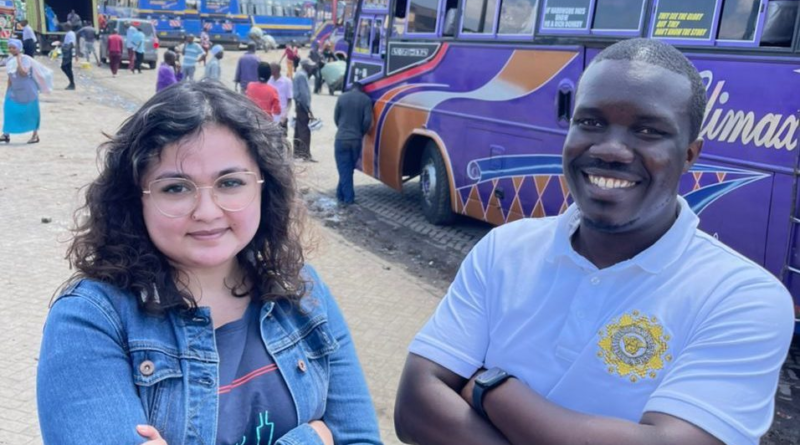BuuPass raises $1.3M to scale mobility sector digitization in Africa
The public transport sector in Kenya is largely traditional and a majority of operators, especially those in road travel, still require their clients to physically book tickets at their offices even when making advance travel plans. Others do not have provisions for seat reservation.
Looking to bridge the gap, booking platforms are emerging in the space, including BuuPass, which is actively looking to promote order in the highly-fragmented sector by helping operators to digitize their operations.
The company, which was founded in Kenya seven years ago, plans to first scale in Kenya and Uganda, before exploring other markets backed by a $1.3 million pre-seed funding it has raised from the Founders Factory Africa, FrontEnd Ventures, Adaverse, Gullit, Five35, Renew Capital, Changecom, XA Network, Ajim Capital, Artha Ventures, Daba Finance, Google Black Founders Fund, and several angel investors.
“The funding will enable us to invest in growth activities, increasing our market share in East Africa, with a focus on Kenya and Uganda. We will hire a team especially on the growth side, and technology experts so that we can build systems for scale because our plan is to become a pan-African infrastructure for long distance transportation,” said co-CEO, Sonia Kabra, who co-founded BuuPass with Wycliffe Omondi in 2016.
BuuPass, a B2B2C full-stack marketplace, provides operators with a bus management system (BMS) for managing their operations, inventory and sales. It then connects them to its marketplace, where passengers search, compare and book their tickets using different channels, including websites, apps, and USSD codes.
The BMS includes a point-of-sale solution to capture transactions, and to provide access to a parcel management module.
BuuPass says operators using its BMS are able to manage their fleets and businesses better, gain access to data they can use to draw insights from, and reduce cash leakages, while increasing their sales from online bookings.
The company says it processes about 12,000 transactions per day across its booking channels, and has recorded over 9 million ticket sales so far. Its Gross Merchandise Value was slightly over $30 million in 2022.
It supports a total fleet size of 1,200 vehicles from over 25 bus companies, including one of the oldest, Easy Coach. Travelers can also book flight and train tickets, especially bringing convenience to travelers using the country’s railway network for intercity travel.
In Kenya, BuuPass, in partnership with Safaricom, the parent-company of mobile money service M-Pesa, clinched the contract to facilitate train bookings in 2017.
“Partnering with Safaricom enabled us to land the Kenya Railways (operators of the national train grid) deal and validated our solution and capacity to build solutions for high value transactions. It also enabled us to build trust in the market, and helped us think about scale such that we have developed solutions capable of handling millions of transactions and providing a seamless experience for the end user. It’s been a great validation for us to prove our credibility in the market,” said Kabra.
Sonia and Omondi met in 2013 at the Earlham College in Richmond, Indiana, US, and their interest in entrepreneurship and pursuit to provide solutions for the transport sector in emerging markets, saw them co-found the college’s first entrepreneurship club, and BuuPass. In 2016, they won the $1 million Hult Prize, a grant backed by Bill Clinton that helped them launch BuuPass (known as Magic Bus Ticketing then) in Kenya as a B2C platform.
However, they quickly realized that the idea was not feasible as the operations of most bus companies were overwhelmingly manual, hence the need to prioritize digitization.
“We went deeper into the market, and saw that there was a bigger problem with the bus operators; they were mostly using pen and paper to do ticketing, they had no transparency into their sales. There were a lot of cash leakages, and they were not able to digitize and access the users who are coming online every day. And so, we built a bus management system for them,” said Kabra.




